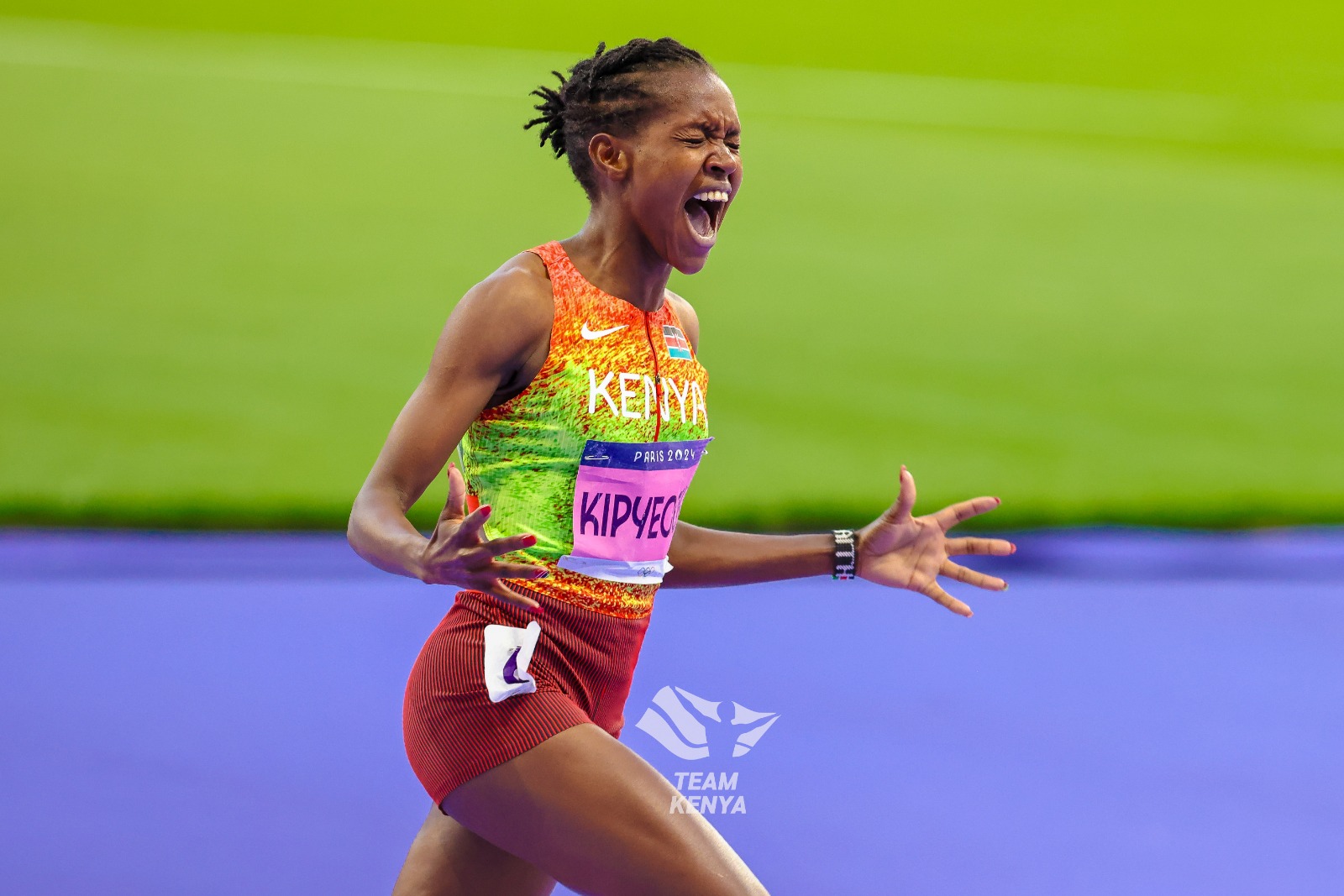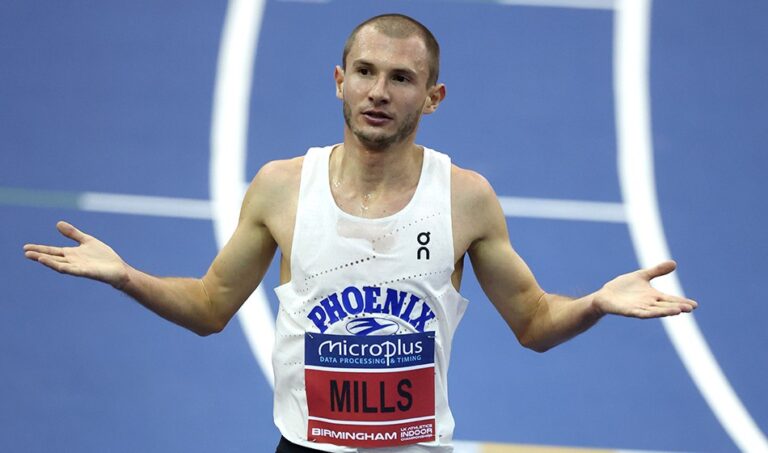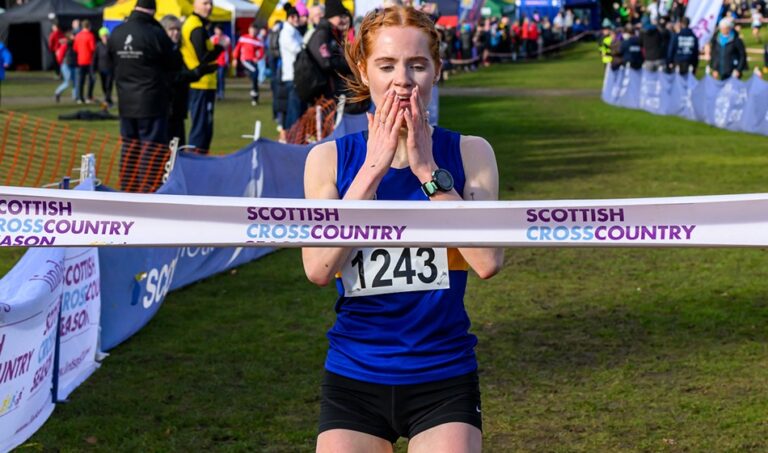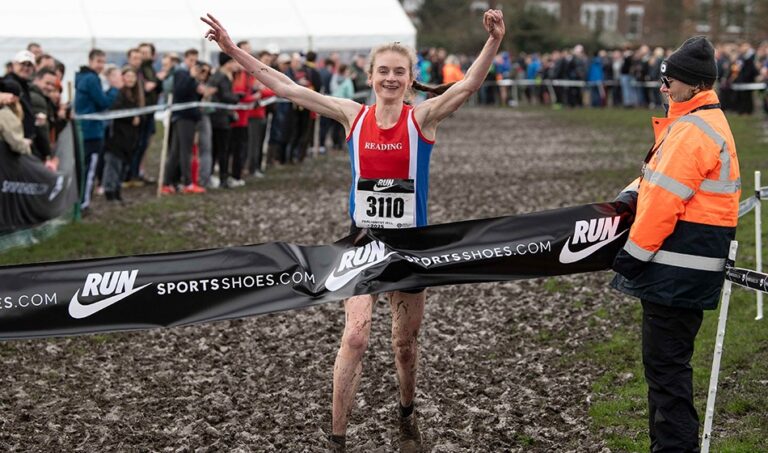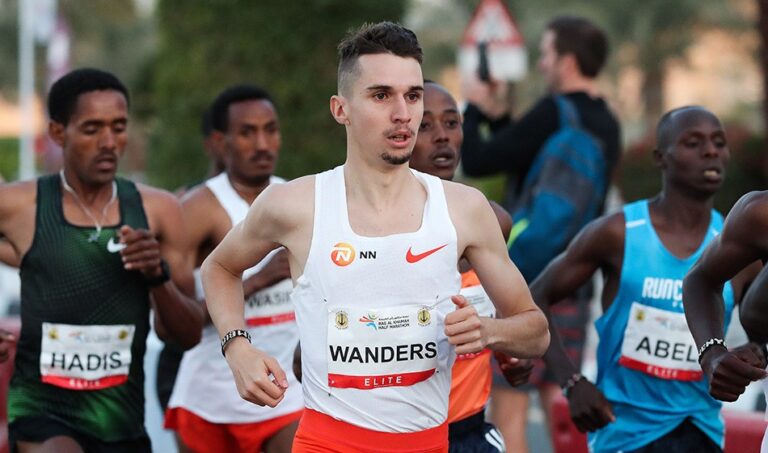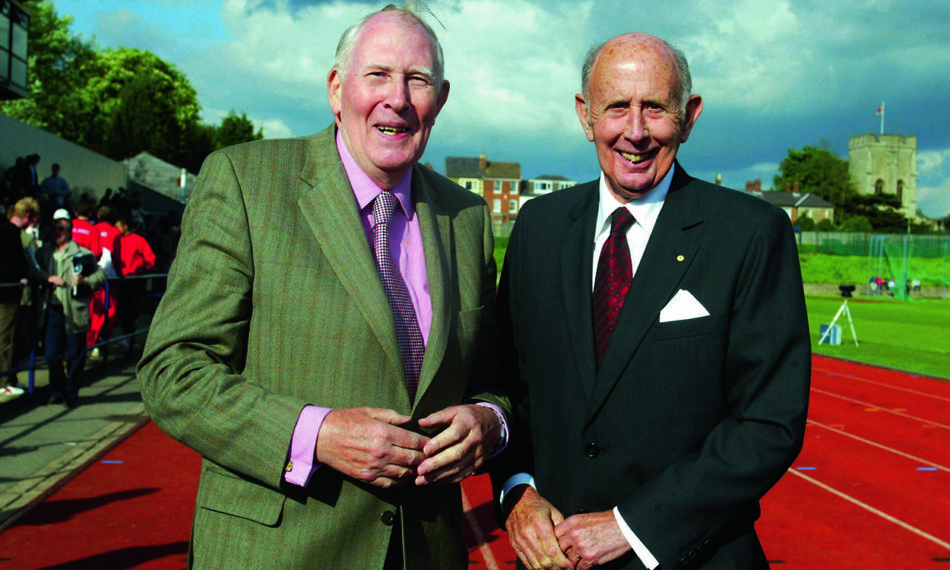
The Commonwealth Mile is a tribute to Roger Bannister and John Landy’s duel over the distance at the 1954 Games in Vancouver
Organisers of the 2026 Commonwealth Games have announced the mile will replace the 1500m in Glasgow.
The Commonwealth Mile, which will see athletes racing over the distance at the Games for the first time in 60 years, is a tribute to Roger Bannister and John Landy’s fearsome battle over four laps in 1954.
Dubbed “The Miracle Mile”, Bannister and Landy clocked 3:58.8 and 3:59.6 respectively at the then British Empire and Commonwealth Games – the first time two men had ever broken the four-minute barrier in the same race.
Mile, Commonwealth Games
The pulsating contest, watched by 35,000 people in Vancouver, occurred just three months after Bannister became the first person in history to record a sub-four-minute mile, at Oxford’s Iffley Road.
Landy subsequently lowered the world record to 3:58.0, meaning their showdown in Canada became one of the most anticipated events of that entire Games.
Roger Bannister (Getty)
A sculpture of the race-deciding moment, with barely anything separating Bannister and Landy at the finish line, was later placed outside the Empire Stadium in memory of the duel.
The mile lasted until the 1966 Games in Jamaica before it was replaced with the 1500m at the 1970 edition in Edinburgh.
Women never got the opportunity to compete in the mile at the Games – their longest race in 1954 was the 220-yard sprint – and the first official women’s mile record was the 4:37.0 set by Anne Smith in 1967.
“The mile is the quintessential Commonwealth athletics event whose return I very much welcome,” said World Athletics President Sebastian Coe, who suggested the event to Glasgow organisers.
“From 1930 through to 1966, the mile was the blue-riband event of each Games and the magic of the mile continues to resonate. A ticket to watch its Commonwealth final will be one of the must-have seats in Glasgow next year.”

Seb Coe (Getty)
As well as the introduction of the mile, the mixed 4x400m – the event has already appeared at both the Olympics and world championships – will make its debut at the Commonwealth Games.
Para Athletics will also see athletes competing in jumping, throwing and track events, with all three disciplines being included on the programme for the first time in Games history.
“This compelling medal event programme continues the red thread of innovation that is a key component of Glasgow 2026’s compelling concept – in terms of sports formats and disciplines, the compact number of sports, and a concentrated number of existing venues,” said Chief Executive of the Commonwealth Games Federation, Katie Sadleir.
“We are thrilled to see such an exciting medal programme for the Commonwealth Games that will be sure to delight and excite fans attending in-person or watching at home across each day of competition.
“With more para-sport medals than ever before in the Games, Glasgow 2026 promises to be a truly inclusive festival of sport and celebration of culture and diversity that inspires our athletes.”

Olivia Breen (Mark Shearman)
Men’s events:
100m; 200m; 400m; 800m; mile; 5000m; 10,000m; 3000m steeplechase; 110m hurdles; 400m hurdles; high jump; pole vault; long jump; triple jump; shot put; discus throw; hammer throw; javelin throw; 10,000m race walk; decathlon; 4 x 100m relay
Women’s events:
100m; 200m; 400m; 800m; mile; 5000m; 10,000m; 3000m steeplechase; 100m hurdles; 400m hurdles; high jump; pole vault; long jump; triple jump; shot put; discus throw; hammer throw; javelin throw; 10,000m race walk; heptathlon; 4 x 100m relay
Mixed events:
4x400m relay
Men’s para events:
T12 100m; T38 100m; T47 100m; T20 1500m; T54 1500m; F42-44/F61-64 discus throw; F57 shot put; T20 long jump
Women’s para events:
T38 100m; T47 100m; T38 200m; T54 400m; T54 1500m; F42-44/F61-64 discus throw; F57 shot put; T38 long jump



